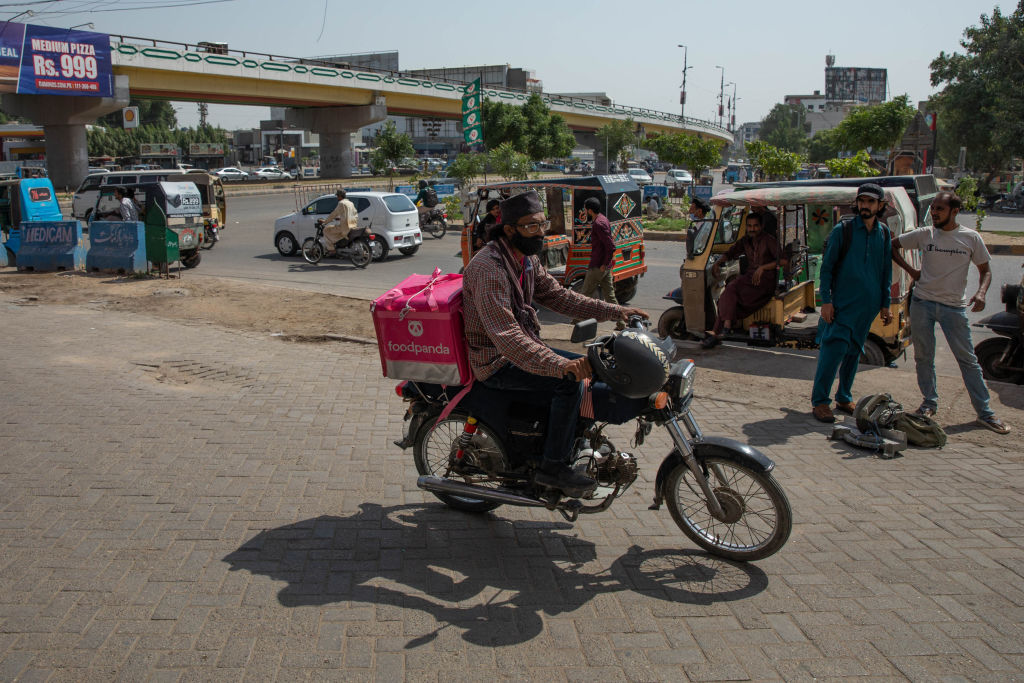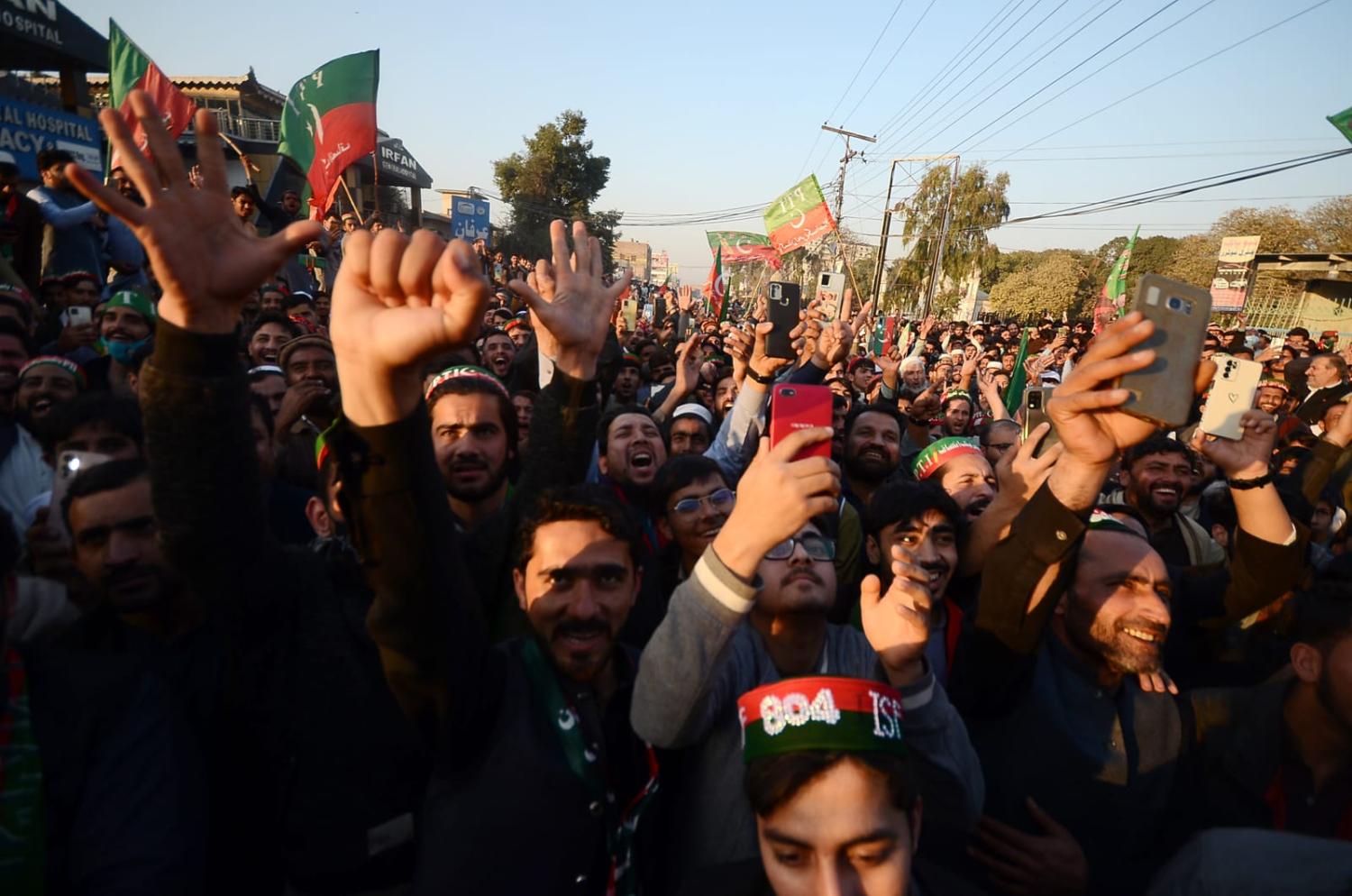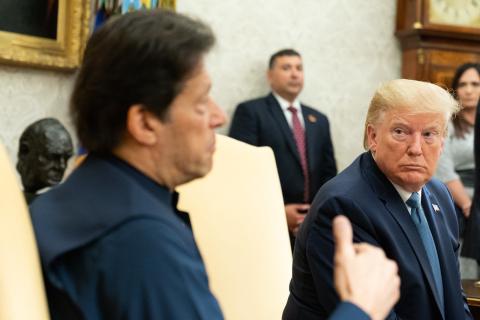On Sunday, Umar Saif, Pakistan’s Interim Minister for Information Technology – while praising his own performance – wrote a lengthy post on X, the social media platform formerly known as Twitter. Saif was using a Virtual Private Network (VPN) to make this post because the government of Pakistan has blocked X since 17 February. The minister was trolled by social media users for using a VPN, which allows users to mask their location. Here, in a microcosm, was the irony of the governance system in Pakistan, which is on the verge of becoming dysfunctional.
X has remained blocked in Pakistan for almost ten days, with intermittent unblocking. The platform might only have fewer than five million users in the country, yet the restriction has affected the supply of information to the citizens, especially journalists. Despite calls by human rights bodies and foreign governments, Pakistan has not taken action to effectively unblock the platform. The government is tight-lipped about restrictions and won’t share its reasons or a timeline for removing the limit.
This all follows the most extraordinary of elections. The digital repression in Pakistan started earlier this year targeting Pakistan Tehreek i Insaf (PTI), the popular political party of former Prime Minister Imran Khan. The Pakistani security apparatus turned on the party after its supporters allegedly ransacked the office of a regional military commander in May 2023, after Khan was arrested. PTI was not allowed to carry out physical political gatherings. Subsequently, PTI started virtual political gatherings online. That's when the blocking of social media platforms such as X began.
On election day last month, Pakistan completely suspended mobile internet services for “security reasons”. This decision was decried by the rights body and was termed inherently undemocratic. Despite all these actions, PTI emerged as the leading party in the ballot with massive support. PTI alleges that still many of its candidates who had won were made to lose after result tampering and one senior election official subsequently resigned after confessing to vote rigging. When people started criticising the government on social media, the government started blocking X.
Wider internet services have also been downgraded during this period. Internet Service Providers are sending messages to their customers that the reduction in internet bandwidth speed is due to problems with their backbone providers. However, social media users suspect that this degradation is a deliberate ploy on the part of the government to discourage criticism of it on social media. Even some VPNs have stopped working, hinting at government efforts to block VPN use as well.

Pakistan’s population is gradually adopting use of the internet. The rate of access currently sits at 55 per cent of the population, slightly below the global average of 60 per cent. Even so, with a population of 241 million, 55 percent amounts to 132 million internet users – and Pakistan has 128 million registered voters. PTI was successful in conveying its message online despite not being allowed to run much of a physical campaign. This appears to have caught the government off-guard, hence the effort to impose digital control.
But those controls carry a price. The IT economy in Pakistan is gradually developing, with exports in December reaching $303 million, a 23 per cent increase as compared to the previous year. Tens of thousands of Pakistanis are also attached to “gig jobs” to make a living in the otherwise sluggish local economy. Curbs on the internet will badly affect these workers and already there are anecdotal reports that local businesses have lost contracts due to recent internet curbs.
Workers in the knowledge economy are also hampered because of the block on X and the degradation of the internet. X has become an important source for information sharing and a place from where journalists not only get leads but also confirm information. The cost is ultimately carried by the population when journalists can’t report.
And digital censorship directly undermines the government’s efforts to increase internet penetration in Pakistan. An average Pakistani internet user presently consumes 8.75 GB of data per month, less than the average of OECD countries, which stands at 10.4 GB. Successive governments in Pakistan have attempted to increase digital coverage in Pakistan and have launched initiatives such as Digital Pakistan. But the arbitrary suspension of internet services to control criticism makes such efforts futile. A country logged off foreshadows a bleak future.

